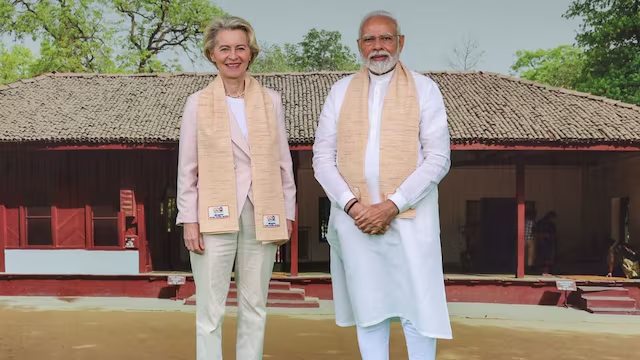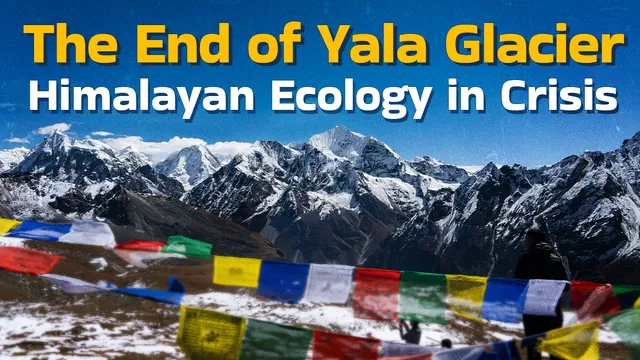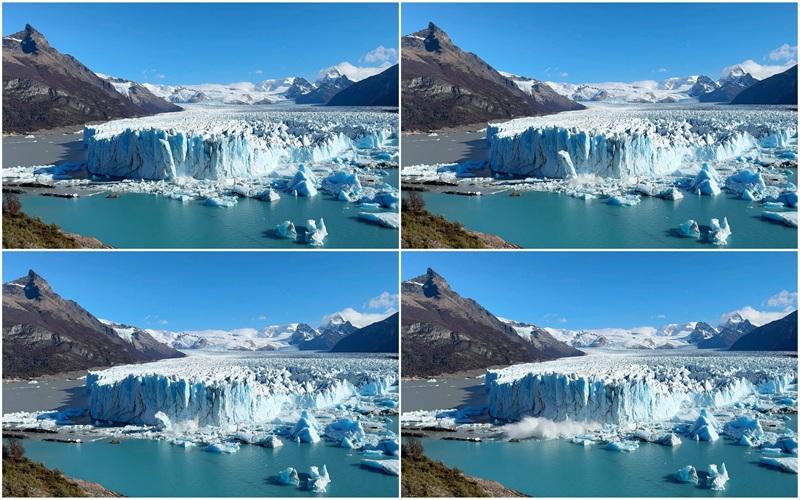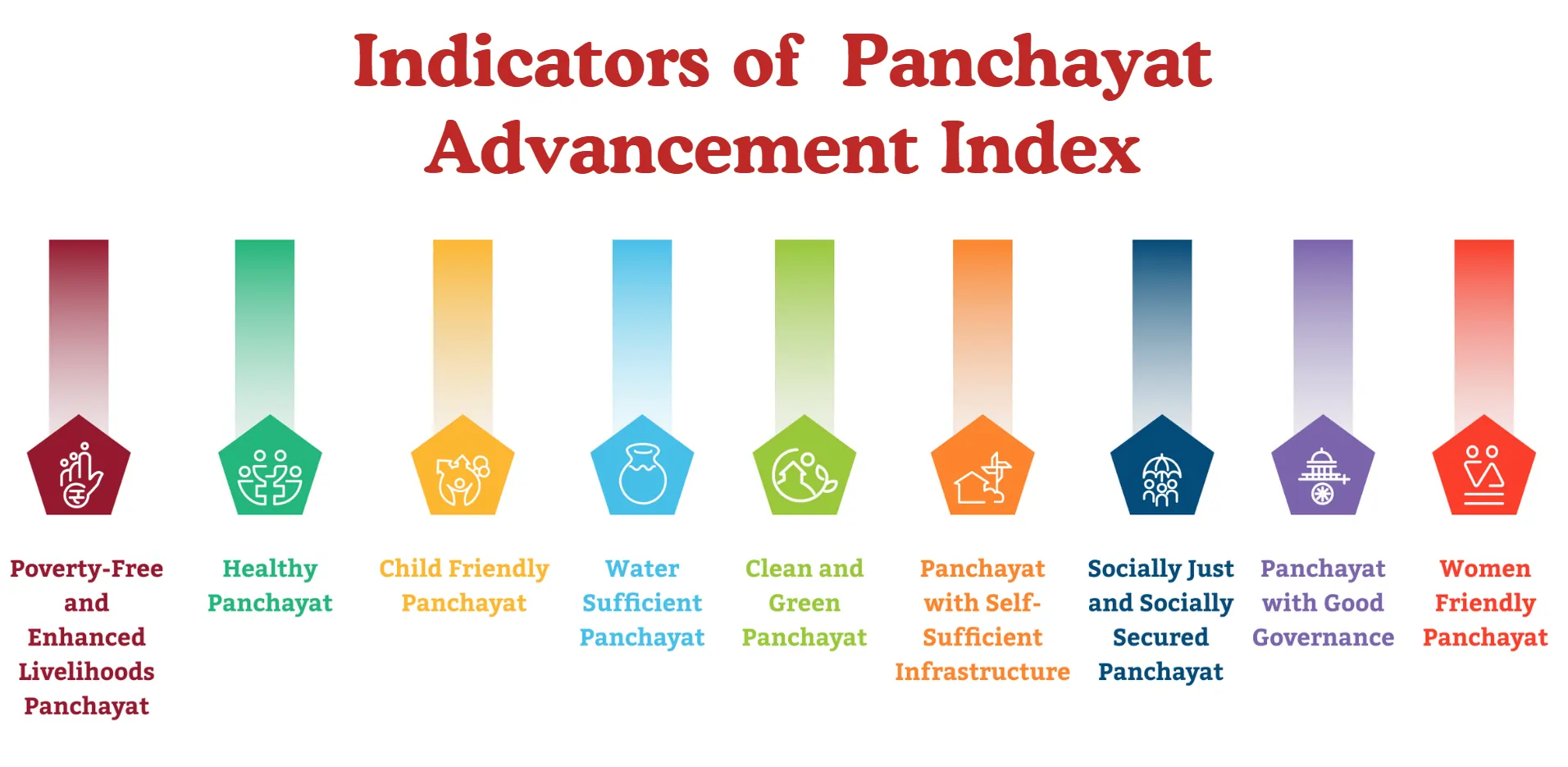- Courses
- GS Full Course 1 Year
- GS Full Course 2 Year
- GS Full Course 3 Year
- GS Full Course Till Selection
- Online Program
- GS Recorded Course
- NCERT (Recorded 500+ Hours)
- Polity Recorded Course
- Geography Recorded Course
- Economy Recorded Course
- AMAC Recorded Course
- Modern India, Post Independence & World History
- Environment Recoded Course
- Governance Recoded Course
- Science & Tech. Recoded Course
- International Relations and Internal Security Recorded Course
- Disaster Management Module Course
- Ethics Recoded Course
- Essay Recoded Course
- Current Affairs Recoded Course
- CSAT
- 5 LAYERED ARJUNA Mentorship
- Public Administration Optional
- ABOUT US
- OUR TOPPERS
- TEST SERIES
- FREE STUDY MATERIAL
- VIDEOS
- CONTACT US
India-Europe Partnership and European Commission Delegation Visit
India-Europe Partnership and European Commission Delegation Visit

- A delegation of 22 European Commission (EC) members of 27, led by President Ursula von der Leyen, visited New Delhi for a 2-day visit in February 2025.
- This is the 1st-ever visit by the full College of Commissioners since taking office in December 2024, and the 1st time they have visited India together.
- The visit marks a new phase in India-EU relations as both enter the third decade of their Strategic Partnership.
Significance of the Visit:
|
Sector |
Initiative |
Key Focus Areas & Objectives |
Key Figures/Details |
|
Strategic Cooperation & Global Governance |
EU-India Strategic Partnership: A Roadmap to 2025 |
Strengthen trade, investment, digitalization, climate change, security, global governance, and climate resilience. |
Focus on sustainable growth and technological advancement. |
|
Energy & Climate Action |
EU-India Clean Energy and Climate Partnership |
Collaboration in renewable energy, smart grids, clean technology financing, climate adaptation, and mitigation. |
Enhances India’s role in global green transition. |
|
EU-India Green Hydrogen Partnership |
Promote green hydrogen and offshore wind energy. Develop policy frameworks, pilot projects, and support clean energy goals. |
€1 billion fund from the European Investment Bank (EIB) to support clean energy. |
|
|
Sustainable Consumption & Production (SWITCH-Asia Programme) |
Eco-friendly manufacturing, waste management, and sustainable consumer practices. Advancing circular economy initiatives. |
Reduces environmental footprint. |
|
|
Trade & Economic Cooperation |
EU-India Trade and Technology Council (TTC) |
Enhances digital governance, trade resilience, and green technology partnerships. Focus on supply chain diversification and reducing economic dependence on single-market sources. |
Aims for future-ready economies with strong trade and technology collaboration. |
|
Global Green Bonds Initiative |
Promote green bonds for financing sustainable infrastructure and climate projects. Strengthen climate finance frameworks to attract private investments in clean energy. |
Supports green infrastructure and renewable energy. |
|
|
Sustainable Urbanization & Connectivity |
EU-India Connectivity Partnership |
Enhance digital and physical infrastructure, improve supply chains, logistics, transport networks, and cross-regional economic integration. |
Strengthens urban mobility and economic ties between India and Europe. |
|
India-EU Urban Forum |
Facilitates dialogue on best practices and innovative approaches for sustainable urban development. |
Focus on creating smarter, greener, and more inclusive urban spaces. |
|
|
Social Development & Gender Equality |
WeEmpower India Initiative |
Strengthens gender equality and women's participation in clean energy and sustainable industries. Supports female entrepreneurship and inclusive business models. |
Boosts women’s economic participation in green and sustainable industries. |
Historical Context:
- Diplomatic Relations:
- India and the European Economic Community (EEC) established diplomatic relations in 1962, the precursor to the EU.
- 1993 Joint Political Statement and 1994 Cooperation Agreement laid the foundation for further strengthening ties.
- Strategic Partnership:
- The Strategic Partnership was formalized during the 5th India-EU Summit in 2004 (held in The Hague).
- 15 Summits held between India and the EU since 2000, with India-EU relations being upgraded progressively.
- The Strategic Partnership was formalized during the 5th India-EU Summit in 2004 (held in The Hague).
- Bilateral Engagement:
- Prime Minister Narendra Modi and EC President Ursula von der Leyen have met at least 7 times.
- President von der Leyen visited India in April 2022, participating in the Raisina Dialogue as Chief Guest.
Trade and Economic Relations:
- Bilateral Trade in Goods:
- $135 billion in FY 2023-24 (90% increase over the past decade).
- Indian Exports to the EU: $76 billion.
- Indian Imports from the EU: $59 billion.
- Trade in Services:
- Total services trade in 2023: $53 billion.
- Indian Exports: $30 billion.
- Indian Imports: $23 billion.
- Foreign Direct Investment (FDI):
- FDI from the EU (April 2000 - September 2024): $117.4 billion (16.6% of total FDI equity inflows).
- Indian FDI outflows to the EU: $40.04 billion (April 2000 to March 2024).
Technological Cooperation:
- India-EU Science and Technology Cooperation:
- Bilateral cooperation operates under the Science and Technology Cooperation Agreement (2007).
- Key Technological Initiatives:
- Semiconductor R&D: MoU signed in November 2023 for joint R&D efforts.
- Artificial Intelligence (AI): Participation in the Global AI Summit in New Delhi (2023).
- High-Performance Computing (HPC): Intent of Cooperation signed in November 2022.
- Bilateral cooperation operates under the Science and Technology Cooperation Agreement (2007).
- Technology Development:
- The technology partnership is a countermeasure to China's technological dominance, particularly in critical technologies like semiconductors and AI.
- The technology partnership is a countermeasure to China's technological dominance, particularly in critical technologies like semiconductors and AI.
Green Energy Solutions:
- India-EU Green Hydrogen Cooperation:
- India was the exclusive partner at European Hydrogen Week in Brussels (November 2024).
- The EU played a key role in the International Conference on Green Hydrogen held in Delhi (September 2024).
- The European Investment Bank has committed €1 billion to support Indian hydrogen projects.
- Green Hydrogen Ecosystem:
- India’s target: Develop a green hydrogen ecosystem by 2030 with European collaboration, particularly in renewable energy.
- India’s target: Develop a green hydrogen ecosystem by 2030 with European collaboration, particularly in renewable energy.
People-to-People Ties:
- Indian Diaspora in the EU:
- Significant growth in the Indian community, especially among students, researchers, and skilled professionals.
- Erasmus Scholarships: Over 6,000 scholarships awarded to Indian students in the last 20 years, making them one of the top recipients.
- Marie Sklodowska-Curie Actions: 2,700 Indian researchers funded under the EU’s Horizon Europe programme since 2014.
- EU Blue Cards:
- 20% of all EU Blue Cards issued in 2023-24 went to Indian professionals.
- 20% of all EU Blue Cards issued in 2023-24 went to Indian professionals.
Defence and Space Cooperation:
- Defence Cooperation:
- Focus on maritime security and the Indo-Pacific region, under the Enhancing Security Cooperation in and with Asia+ security programme.
- The 1st joint naval exercises were conducted in October 2023 in the Gulf of Guinea.
- Growing cooperation on global security, counter-terrorism, piracy, and natural disaster management.
- Space Cooperation:
- ISRO and the European Space Agency (ESA) collaborated on:
- PSLV launch for the PROBA-3 mission in December 2024.
- Chandrayaan-3 and Aditya-L1 missions.
- MoU signed for cooperation on India’s Gaganyaan human spaceflight mission.
- ISRO and the European Space Agency (ESA) collaborated on:
|
About European Union (EU)
Core Purpose and Principles:
Key Features:
Historical Context:
|



